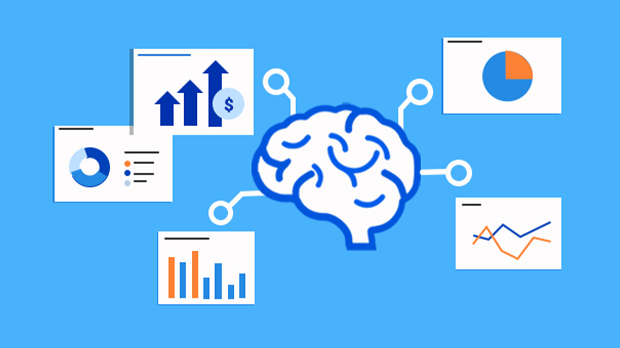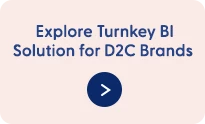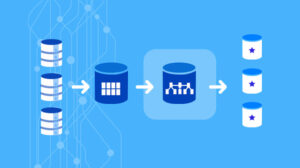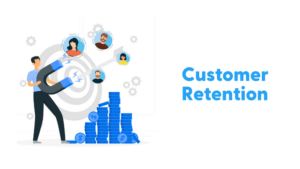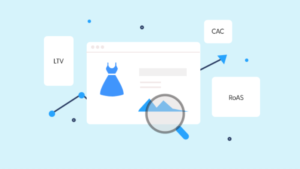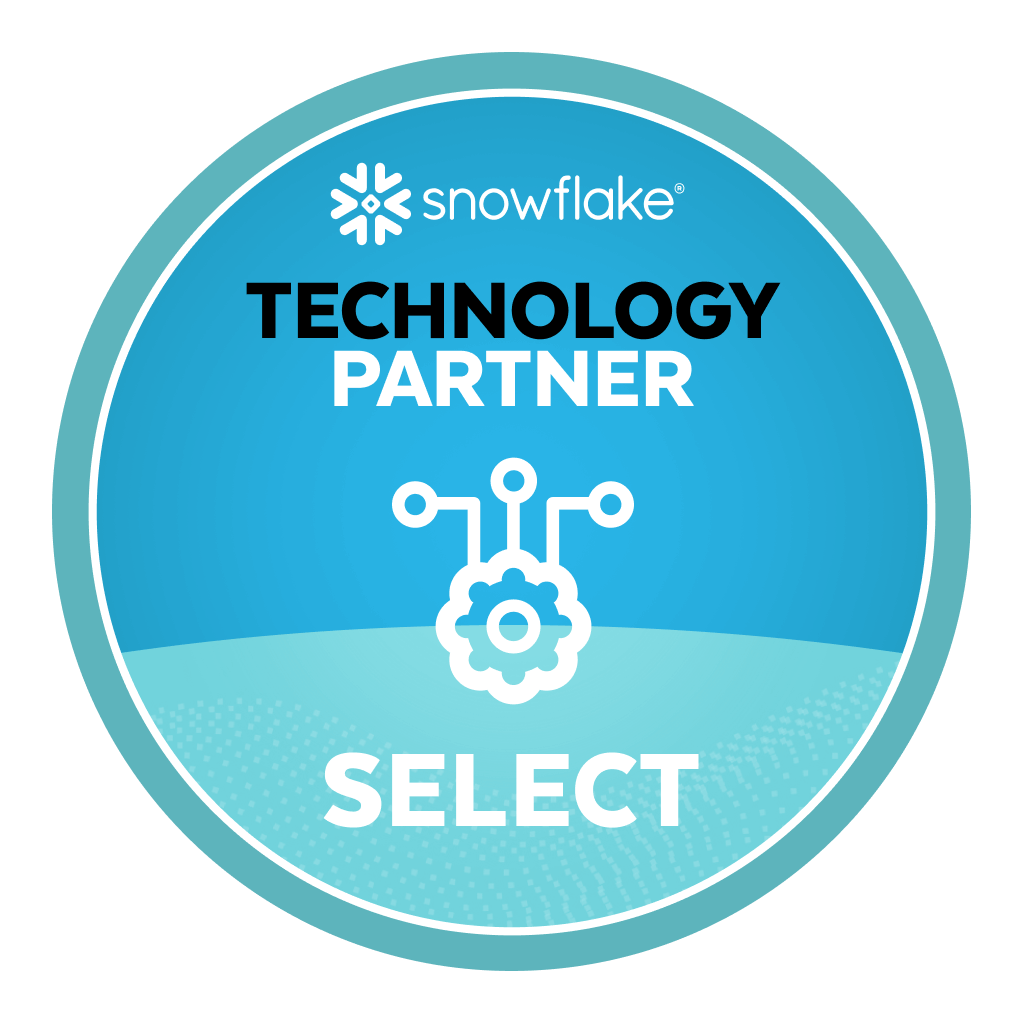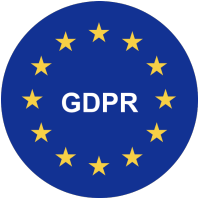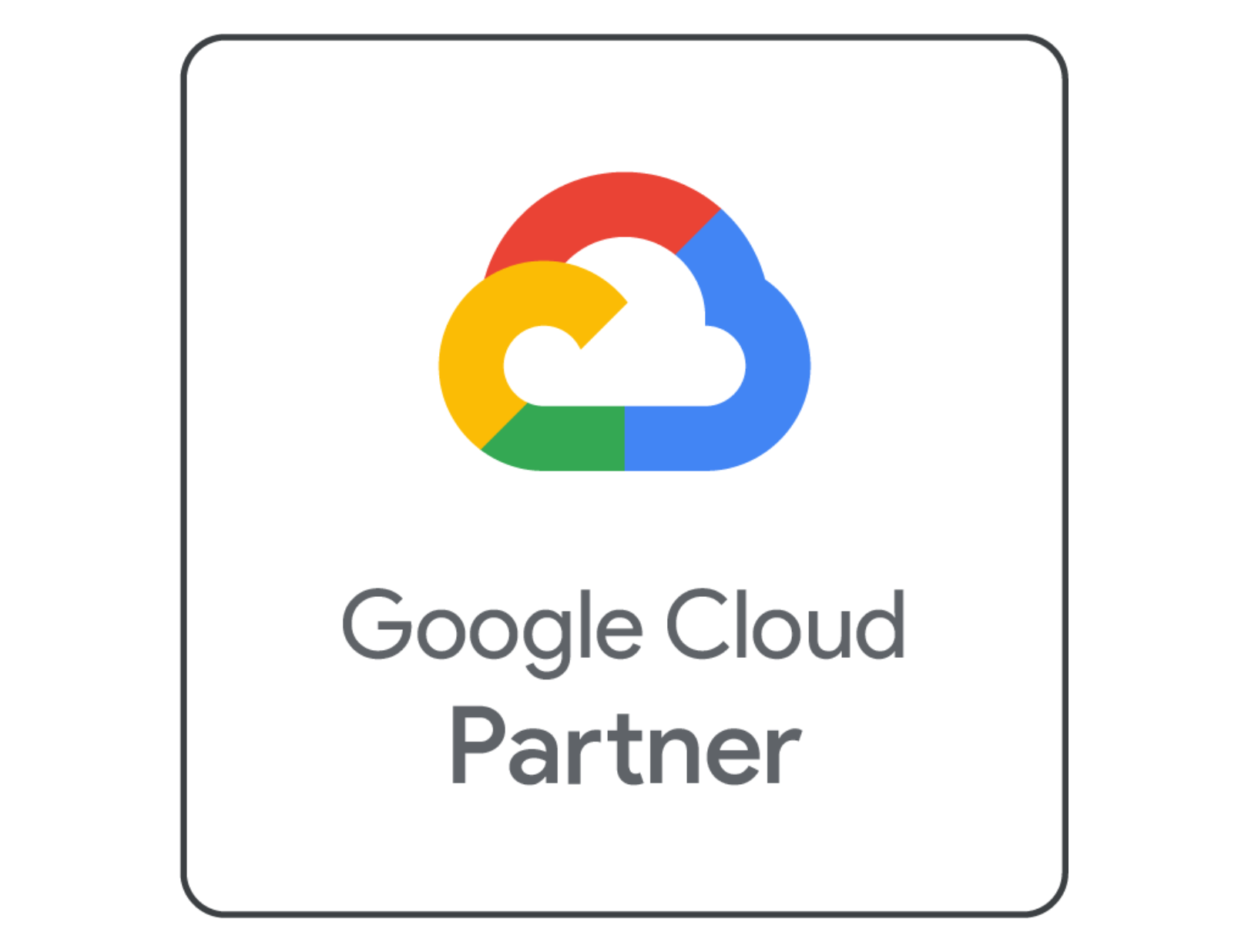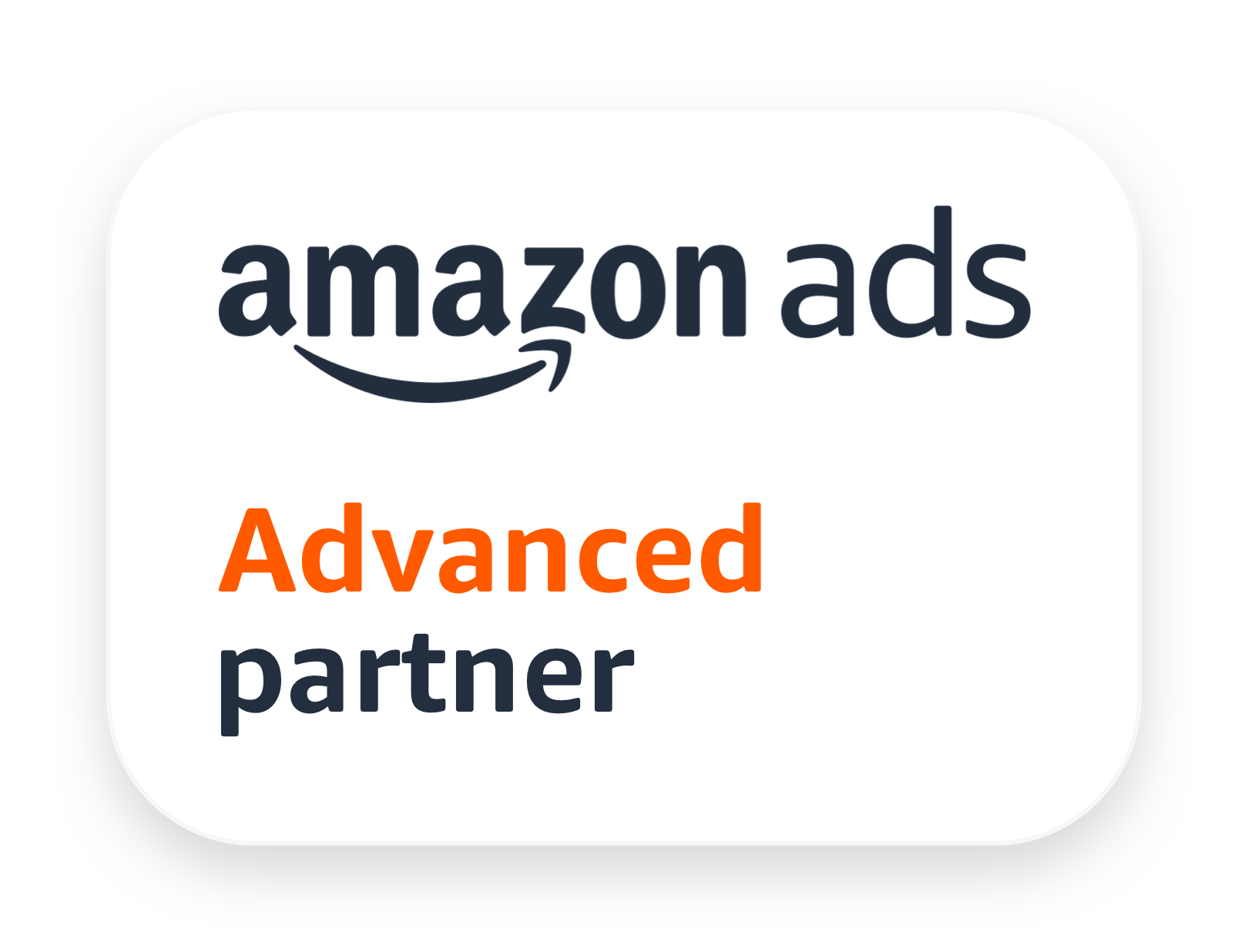Predictive analytics is the domain of statistics that handles the extraction of information from data and utilizes it to predict trends and behavior patterns. It focuses on capturing the relation between predicted variables from past occurrences and explanatory variables. Predictive analytics uses several statistical techniques that involve data modeling, machine learning, deep learning algorithms, AI, and data mining.
It is a crucial element in several fields like marketing, business management, actuarial science, insurance, retail, fantasy sports, policing, telecommunications, travel, mobility, healthcare, child protection, pharmaceuticals, capacity planning, social networking. The suitable application of predictive analytics can significantly help to plan customer acquisition and customer retention strategies. Various sectors like sales, marketing campaigns, and customer services utilize predictive analytics. Also, the analytical CRM, if implemented in customers’ lifecycle (includes acquisition, relationship growth, and customer retention), can provide outstanding results.
Why do Businesses need Predictive Analytics
Predictive analytics can help businesses to understand customer behavior and various analytics variables. Secondly, it helps companies to optimize their resources and financials so that enterprises can spend wisely on the correct product. Above all, it focuses on the quality of data and uses it according to the business’s specific needs. It also prioritizes the leads. It helps businesses in customer acquisition and retention in the long run. Predictive models are built to answer the company’s business queries and determine the possible outcomes of various combinations of data variables. It uses Unified marketing measurement to marketing analytics that blends the aggregate data and insights provided by attribution models into one holistic size.
Use cases of Predictive Analytics
Health Sector
Automation has helped the health care sector to provide more reliable services to patients. Predictive analytics has, therefore, allowed many hospitals to predict chronic diseases in patients. It can examine the central line-associated bloodstream infection (CLABSI) so that doctors can treat patients faster before any deterioration occur. Also, it helps to investigate the improvement patient’s health after examining his/her health vitals. It helps schedule patients’ appointments and predicts possible risk if patients miss appointments or proper treatment. ETL process extracts patients’ electronic medical record data to a data warehouse to further analyze various fields. For example, how many patients in a specific hospital receiving treatment for blood cancer or what treatment/medicine for a particular disease is most beneficial? Therefore, robust CRM software with the predictive analytics feature can enhance the quality of services in the health care sector.
Oil and Gas Industry
Predictive analytics can help to analyze the past operational data and predict the future values for operations. Its software helps maintenance engineers to predict maintenance issues and optimize the efficiency process in the oil and gas plants.
Its software first works with specific department experts and IT personnel from the oil and gas companies to collect historical data from any current sensors in the refineries. Oil and gas company’s maintenance managers monitor important variables like capacity utilization with the help of predictive analytics software.
Industrial plants with automated processes have many sensors which gather data about temperature, pressure, and vibration level in the machine. Its software uses the real-time and historical data from these sensors to find various anomalies in the plant’s variables.
Also, it compares these data to data patterns during normal operating conditions. And predictive analytics suggest the replacement of machine parts by maintenance engineers if there are any anomalies.
Retail Industry
Applying predictive analytics in the retail industry helps to improve customer engagement, optimize inventory management, and fraud detection, and set the price according to market sentiments. It aims to assist businesses in targeting the right audience and finding consumer problems by discovering patterns of buying behavior from historical data. A Belgium-based life insurance company Corona Direct optimized its long-term customer profitability. It helped to improve the customer acquisition volume of the company.
Transport Industry
Automation has enhanced the operations of the transport industry. Predictive analytics can help maintain vehicles by using sensor data of cars or trucks and then using its data to build a predictive model to find out which segment might fail to perform.
Predictive analytics applied to various variables like air freight, road, sea freight, and passenger transport can help companies save many transportation costs and transport goods on time. Also, transportation firms can enhance the end-product price based on real-time shifts in operating constituents like security-related delays in shipments, fuel costs, and external factors, such as weather.
Predictive analytics may assist supply chain supervisors for a truck-based transportation firm to decrease downtime when trucks break down. According to the case study, Chronopost utilized past internal delivery data and retrieval data (such as shipping data for each geography) to create a predictive model that continuously optimizes production costs and delivery times.
Thus, predictive models provide efficiency to various sectors. Companies can create predictive models using the collected data and analyze every department and discover the issues. With this, the companies can also find a solution to technical problems.
Predictive Analytics Tools
Predictive analytics enhance the performance of enterprises in various sectors. Let’s have a look at the predictive analytics tools.
SAP Predictive Analytics
In CRM, SAP Predictive Analytics provides a data mining and statistical analysis solution, and that helps construct predictive models to find unknown insights and relationships with raw data, from which one can make future predictions about various events. Most importantly, it merges with SAP Infinite Insight for a single desktop installation and incorporates two user interfaces, Automated Analytics and Expert Analytics. Predictive Analytics 3.0 is the newest version and a part of SAP Predictive Analytics. The pricing of SAP Analytics Cloud ( incorporates SAP Predictive Analytics, and SAP Infinite Insight) starts from $25/month. The pricing model is per feature-based. Only the cloud version has a free trial version available.
H2O.ai
This software, H2O.ai, is a fully open-source, shared in-memory machine learning platform with linear scalability. It supports the most extensively used statistical & machine learning algorithms, including gradient-supported devices, generalized linear models, and deep learning. The programming language used in H20.ai is Java, Python, and R. The current version is 3.10.4.1. H20.ai can work on operating systems like unixoide, Mac Os, and Ms.windows. Various sectors that use H20.ai are financial services, insurance, health care, marketing, telecom, manufacturing, and retail. The 14-day trial version is free. A Demo version has to be requested.
RapidMiner Studio
Software like RapidMiner studio is extensively used in all major industries. Most importantly, it is tailor-made to understand a particular industry’s specific issues and needs. Secondly, it has a strong record of assisting major organizations generate revenue, help to avoid risks, and cutting costs. Hence, it provides predictive analytics features to improve the sales and marketing strategy. RapidMiner studio works in marketing, energy, utilities, automotive, financial services, healthcare, insurance, life sciences, CPG, retail and e-commerce, travel, transport and logistics, and communications. RapidMiner studio helps to identify those customers who may want to leave. It takes preventative action; it automatically takes intelligent measures with AI and machine learning. In conclusion, RapidMiner studio can differentiate between consumers based on business value, builds more meaningful customer groups for more relevant interactions, and detects fraud. Demo and pricing start with $10/mo have to be requested. A 30-day free trial is available.
How can Predictive Analytics Enhance your Marketing Strategy?
Businesses need predictive analytics, which is a part of data analytics as it helps optimize businesses’ marketing strategies. Predictive analytics uses various combinations of data to answer various business queries that can enhance the marketing strategies of retail stores and other organizations. It also increases the overall volume of customer acquisition and retention. CRM software with predictive analytics feature works in most fields like health care, transportation, retail, real estate, education, oil and gas industry, and more.
Use Predictive Analytics in your Business data consult Expert Data Analysts Now.
